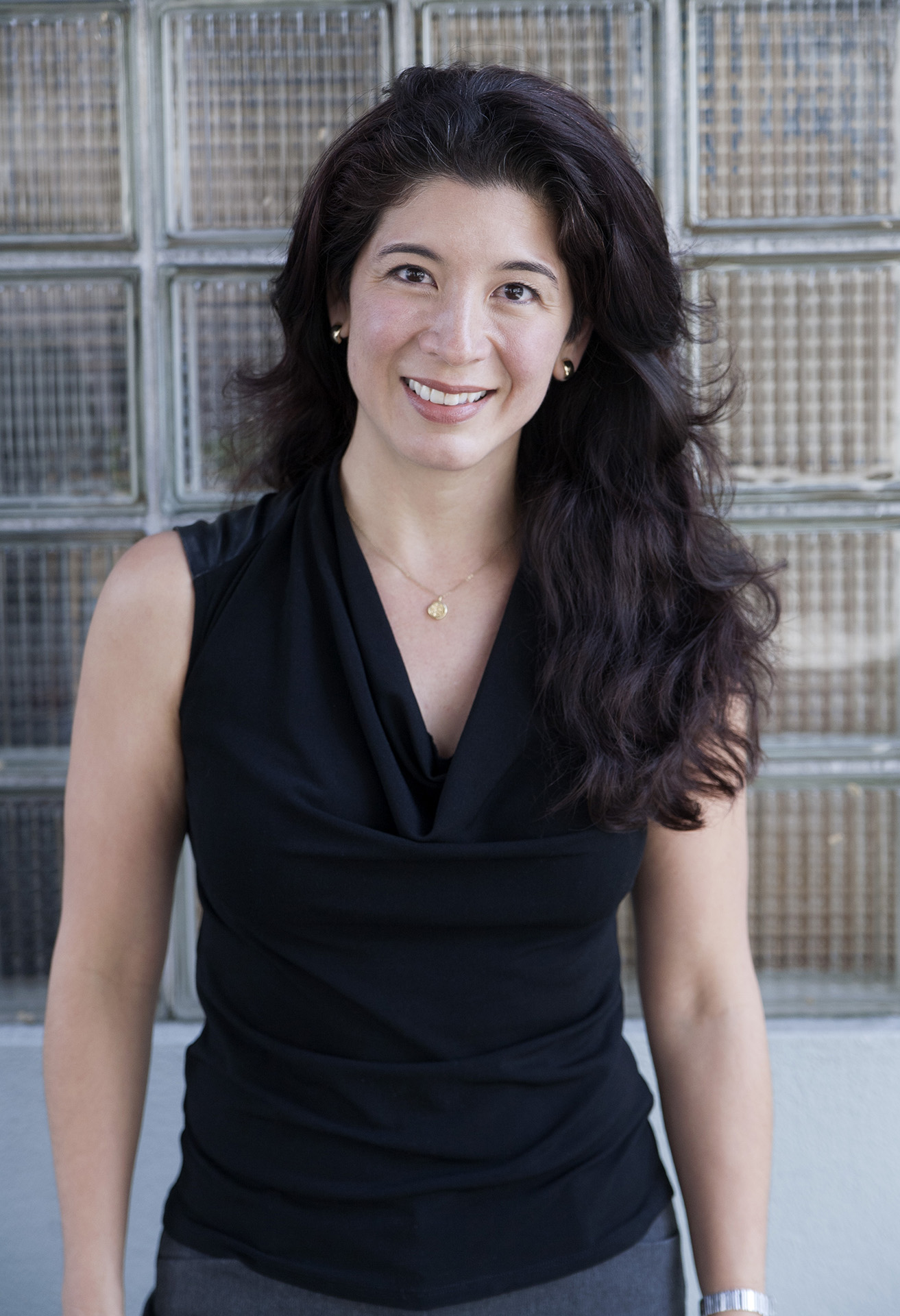ASU psych professor on why we love to be scared
Rush of fight-or-flight energy is exhilarating, and even better when shared with a friend
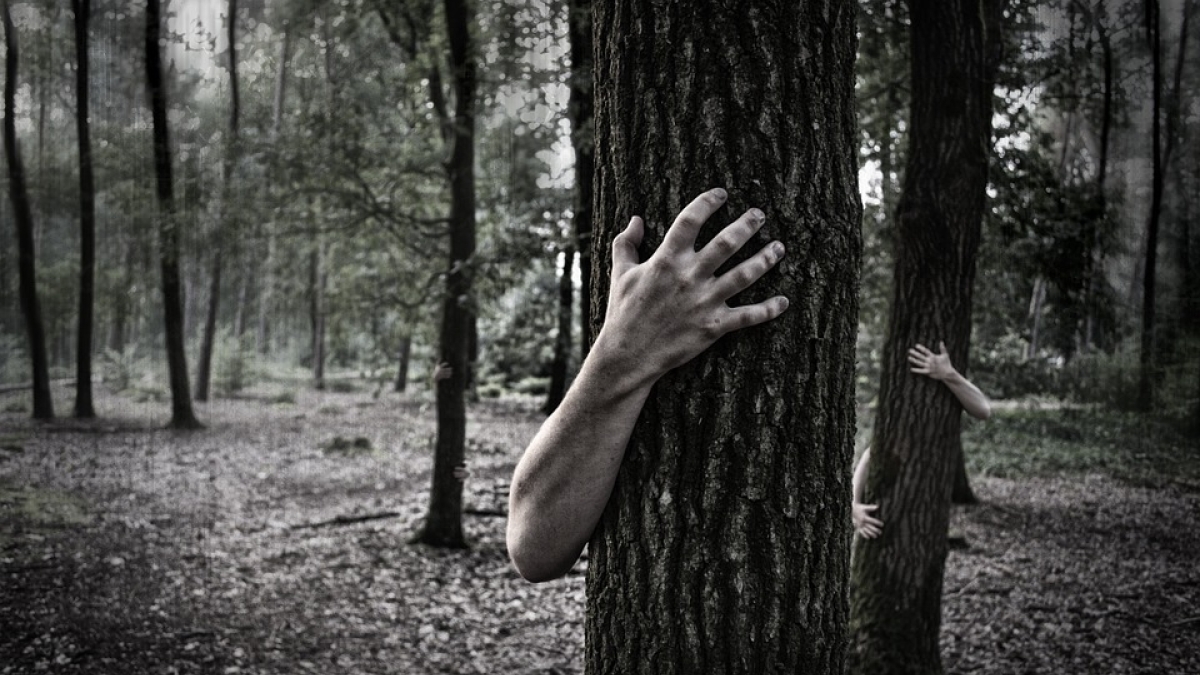
Halloween is an occasion to let loose, have a little fun and get out of your comfort zone.
That’s why this week millions will shriek watching horror movies, visit haunted houses and grunt their way through zombie walks. They’ll even make themselves prey for chainsaw-wielding maniacs. Clearly this isn’t normal behavior.
Fear is often thought of as a negative emotion, but it can be pleasurable and rewarding if set up under the right circumstances, said Michelle “Lani” Shiota, an associate professor in Arizona State University's Department of Psychology. Her research address basic mechanisms of human emotion, with particular emphasis on positive emotions, emotion regulation and the roles emotions play in close relationships.
In this Q&A with ASU Now, Shiota sheds light on why scary activities are fun and even better if you bring along a friend.
Michelle "Lani" Shiota
Question: Why do people like to be scared, especially around Halloween? Is it because there’s a control aspect at play and people know they will be scared in a safe environment?
Answer: There are several reasons why fear, at least some versions of it, can actually be pleasant or rewarding. As your question suggests, it’s not a lot of fun to feel like you are actually in serious danger. But the way our emotional system is set up, our instinctive response to the appearance of danger can create a rush of fight-or-flight energy that is exhilarating, even while our conscious, rational mind understands that we are safe. Horror movies, haunted houses and similar kinds of experiences all toy with this edge.
All mammals instinctively set up situations that mimic real-life dangerous ones but are actually protected, in which they can practice crucial skills of fighting and escaping — it’s called play! Rough-and-tumble play, risky sports and gymnastics, and playfully scaring each other all tap into this need. I expect our enjoyment of scary movies and experiences is an extension of this instinct.
Q: Is there a chemical that gets secreted in the brain, or does being scared relate to our evolutionary past? Is there a fight-or-flight element to fear?
A: Absolutely. In fact, the sympathetic nervous system, which carries instructions from the hypothalamus in the brain to the visceral organs in the body that create the “fight-flight” response, was first described by Walter Cannon in the 1920s as a response that facilitates adaptive responses to danger and stress. Essentially this response prepares your muscles to work very hard, right away, to help escape whatever danger you’re in.
What many people don’t realize is that the “fight-flight” system is also engaged in lots of pleasurable, rewarding situations as well. After all, we also have to use our muscles to move toward rewards in the environment, as well as escape threats. Physiological activity looks a bit different in response to reward situations than it does when you’re in danger (some of my own lab’s work has looked at this), but the sympathetic system is involved in each case. There is some evidence that arousal initially evoked by a threat can sometimes be reinterpreted as pleasurable arousal. The relaxation of fight-flight arousal after a threat is resolved can be pleasurable as well. Scientists still have a lot to learn about the details of these processes, but it’s clear that the fight-flight response is part of why people sometimes enjoy being scared.
Q: Why are scary activities more fun when we’re with other people?
A: Being with other people definitely helps boost the reward value of pleasurable fear — play is very social! Humans are wired to turn to each other for support and protection when we’re in danger, so doing these kinds of activities with friends may help strengthen those bonds. A dear friend and I reminisce about evening where I was staying at her house, her husband was away, and we watched the original "Scary Movie" on DVD. It has a ton of humor and we enjoyed watching it, but by the end we were still completely freaked out and slept with our bedroom doors open to feel safer. Now we laugh about it all the time!
Q: What is your favorite scary movie of all time?
A: It’s hard to choose a favorite. I tend to favor creepy movies, like "The Ring" over slasher flicks and gore. The original 1963 version of "The Haunting," based on a novel by Shirley Jackson, is a particular favorite — it’s disturbing, eerie and tense throughout, but the movie lets you imagine the horror rather than showing it to you explicitly. Unfortunately, I managed to see "The Shining" when I was about 5 years old, sneaking downstairs when my mother thought I was asleep, so it’s still completely traumatizing for me. I also love the combination of horror and humor; it engages the whole fear-play sequence but doesn’t keep me from sleeping at night. I thought Joss Whedon’s "Cabin in the Woods" was absolutely brilliant for this, just loved it.
Top photo illustration courtesy of Pixabay.
More Science and technology
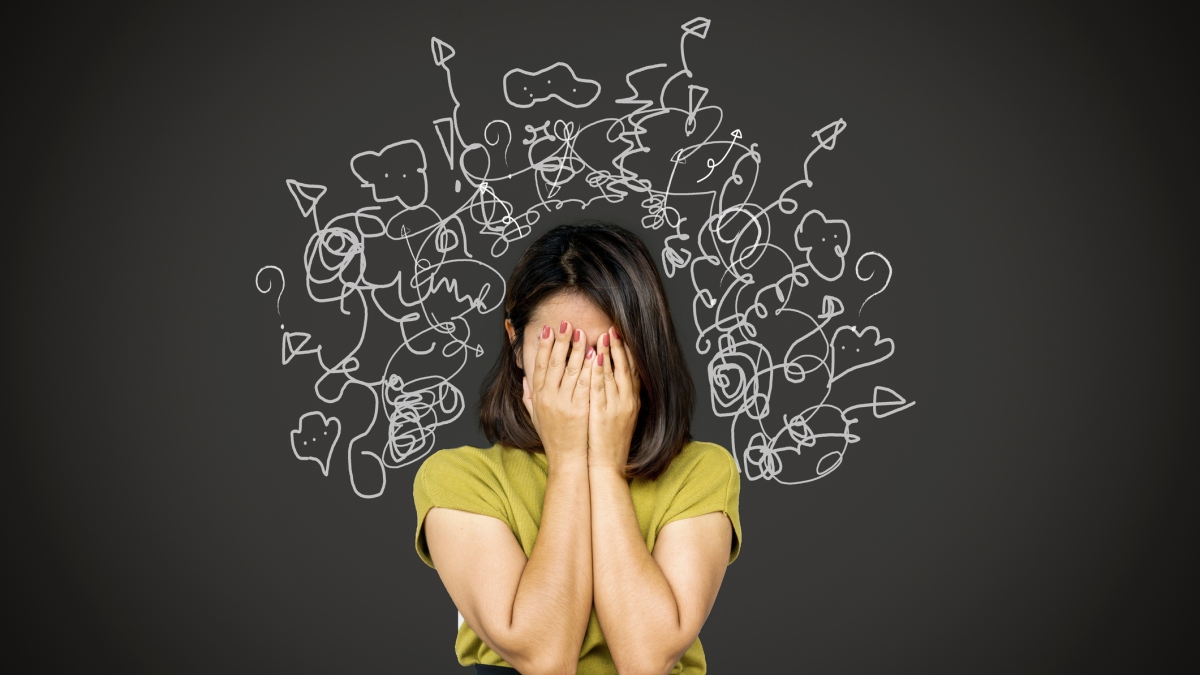
The science behind chronic stress
Stress comes in many shapes and sizes. There’s the everyday stress of preparing for a final exam or being stuck in traffic. And the more significant stress of losing a friend, family member,…
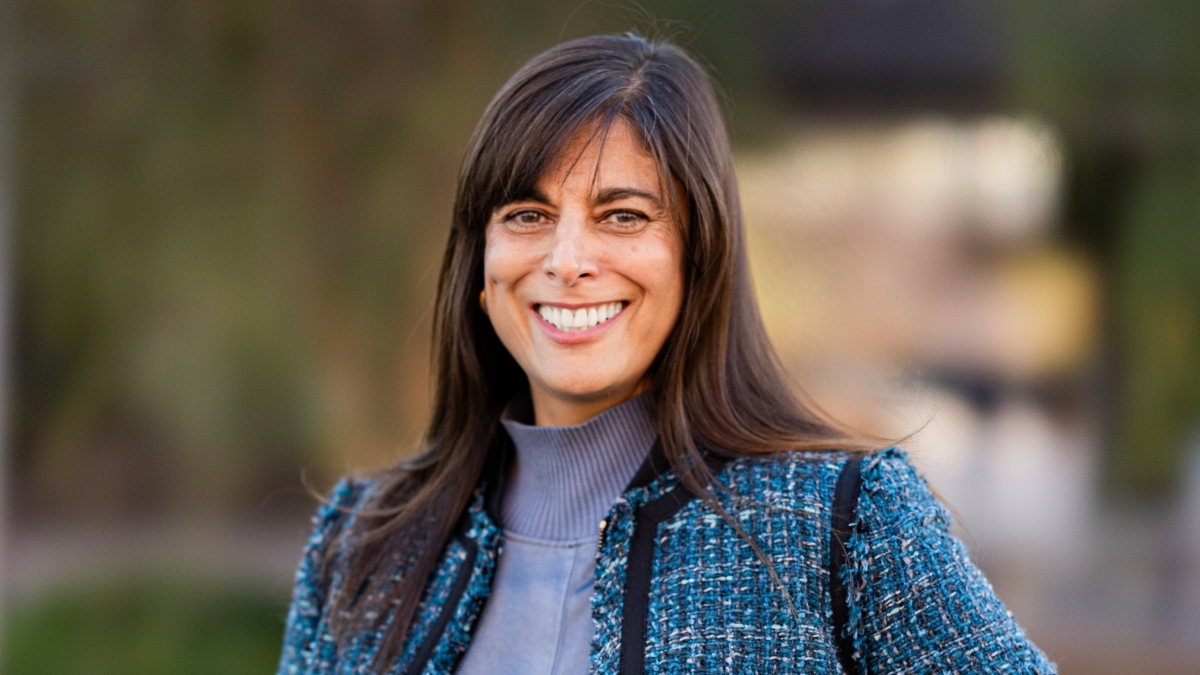
ASU planetary scientist to be inducted into the National Academy of Sciences
The National Academy of Sciences is inducting School of Earth and Space Exploration Director Meenakshi Wadhwa into the 2023 class of new members for her pioneering work in planetary sciences and…
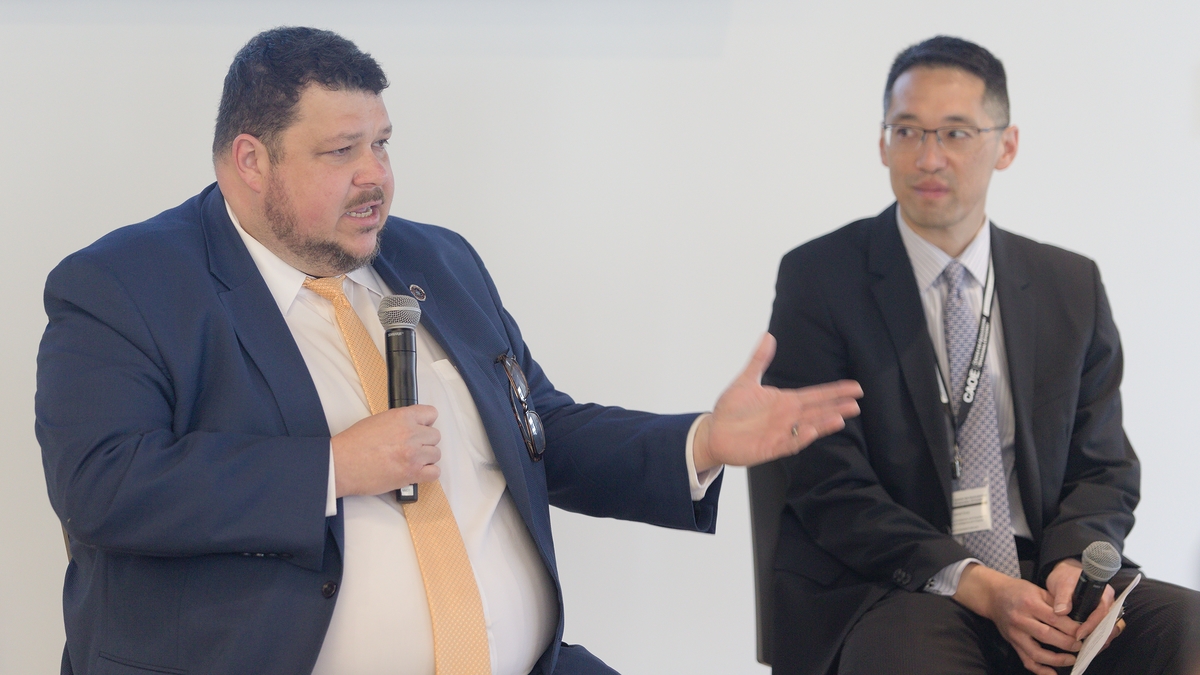
Unlocking the potential of AI for homeland security
“Can we do what we're doing now cheaper, more efficiently, more effectively?” Adam Cox, director in the Office of Strategy and Policy at the Department of Homeland Security Science and Technology…
